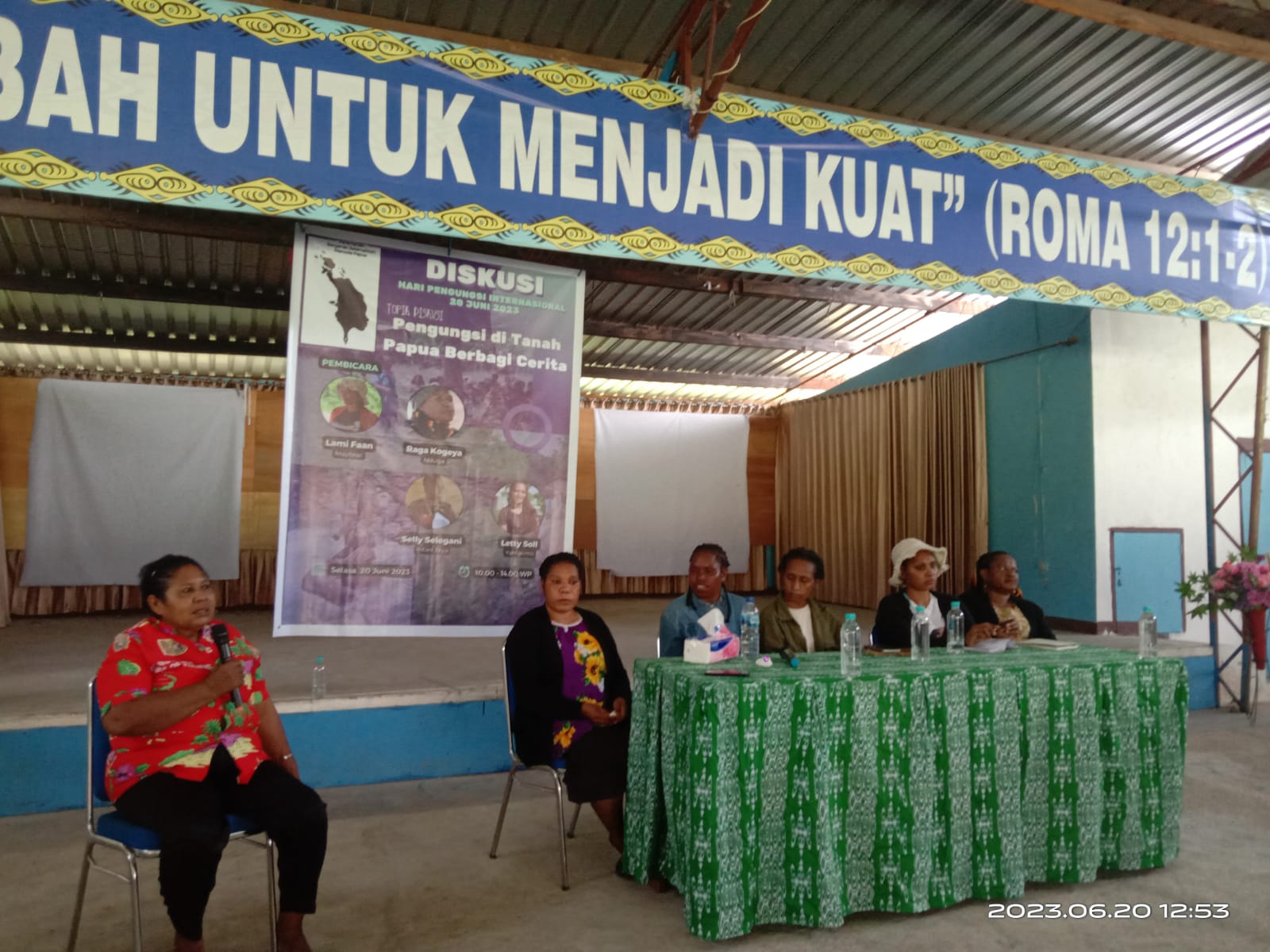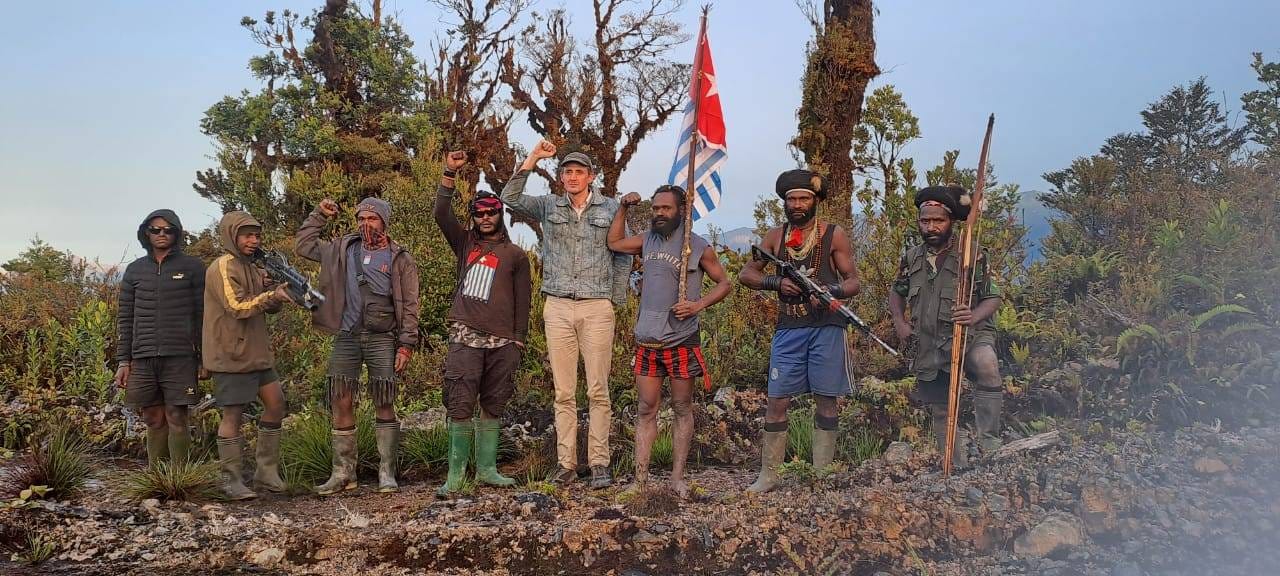
Timika, Jubi – The Mimika government urged PT Freeport Indonesia to support the local government’s river restoration program at the coastal area due to sudden sedimentation that has interrupted the operation of public transportation.
The head of the Mimika Transportation and Communication Office, John Rettob, said in Timika on Tuesday (5/5/2015) that restoring the Mimika coastal area is very costly and the involvement of all parties, including the central government, provincial government, regional government and PT Freeport Indonesia is necessary.
“The budget allocation for this job is enormous, but it’s the price we have to pay in order to provide better services to the Papua indigenous people who live in the coastal villages to not let them being isolated from the outside world,” said Rettob. He further said the Mimika Regency has started the restoration at Mimika Barat region, in particular at Ipa River to Kokonao area that are very shallow especially during low tide.
Due to this condition, as the only mode of public transportation, the motor boats often strand for hours when taking passengers travel from Timika to Mimika coastal villages or vice versa. The river sedimentation at the Mimika coastal area is also the impact of PT Freeport’s mining activity, since it drops the mining waste from processing plant at Mile 74 to the Mimika lowland area through the Otomona River and continue to go to Arafura Sea in the southern Papua. During its operation for decades, the Freeport has thrown up to millions cubic of tailing to the Papua Southern sea everyday. These silk sands entered to the sea and swept away by the wave to the river lines triggering and accelerating the process of sedimentation.
“We highly expect it could be done together. We ask supports from both central and provincial government as well as from Freeport. If all agreed to provide supports, we just could share the task and responsibility among the parties,” said Rettob.
He added if all river lines at the Mimika coastal area could be restored, it could not only accommodate the access of transportation to the coastal villages, but also to improve the economic development for local community. “If the transportation was running well, the local economy would be grown and well developed. But if it wasn’t good, how could we improve the Human Development Index of Papua indigenous people? None of government’s officials would dare and want to be assigned in the remote and coastal areas if the transportation is still difficult and expensive,” he said.
He further said the Mimika Transportation and Communication Office strongly committed to complete this program. “We committed to revitalize the river transportation lines from Mimika Barat to Mimika Timur, Jita and Agimuga with continuing to pay attention to environment of local community who live in the river surrounding areas,” he said. (*/rom)
















